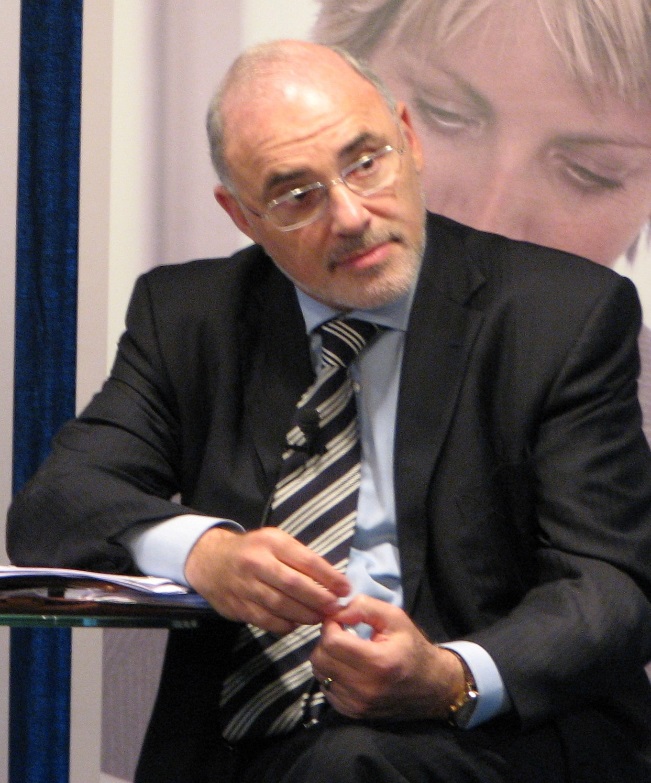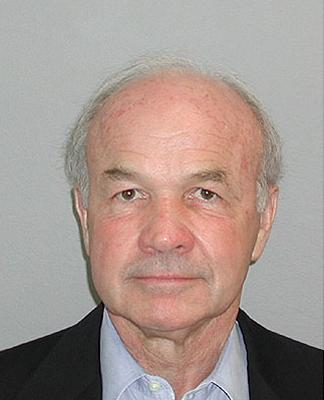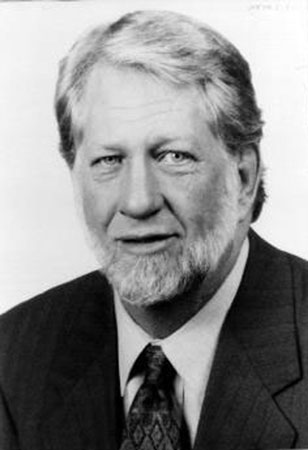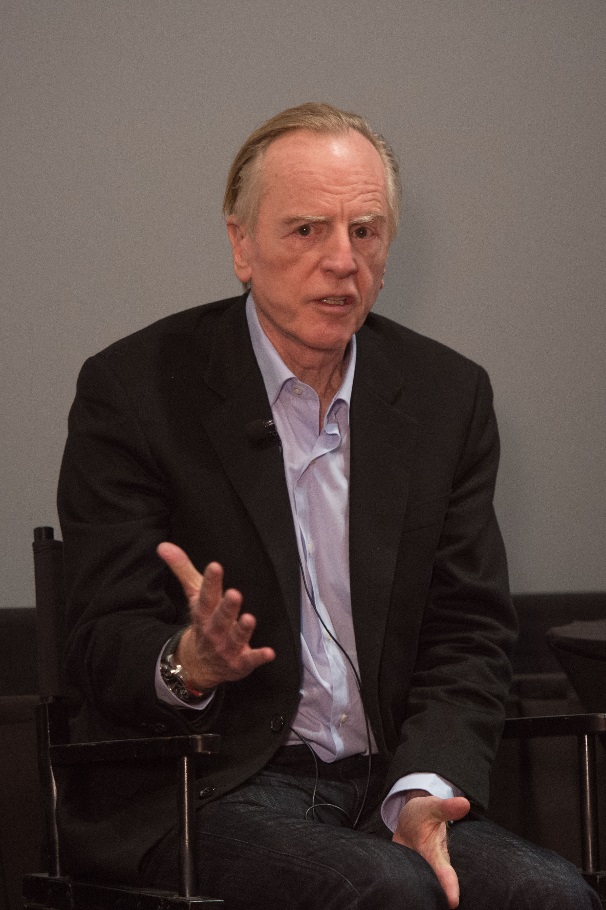November 7th, 2014.
The Worst CEOs in History (And How Not to Copy Them)
We all learn from our mistakes, but we can also learn from others’ blunders. CEOs are in powerful positions and are often looked up to, but here are a few bosses you would not want to emulate. Here’s our pick of the worst CEOs in history:
Leo Apotheker, HP
This former CEO of Hewlett-Packard took control of the company in September 2010, and HP took a massive hit whilst under his control.
Stock dropped 40% during his 11 month stint with the business dropping nearly £20 billion in value. There was also a £5.5 billion write-down thanks to serious accounting improperties when acquiring British software company Autonomy, one month before Apotheker left.
Despite all of this Apotheker was given a £10 million pay-out in compensation.
The lesson? You need to keep track of your finances, and ensure they are accurate. Don’t do an Apotheker with your own business.

(David Terror under CC BY-SA 2.0)
Ken Lay, Enron
Ken Lay ran American energy company Enron from 1985 until his resignation in early 2002. He was the chief executive, chairman of the company, and an integral part in the demise of Enron.
In 2006 Lay was found guilty of 10 counts of securities fraud and corruption, he would have received up to 30 years in prison, but he died before he was sentenced.
The image below was his mug shot.

(United States Marshals Service)
Bernie Ebbers, WorldCom
Ebbers became the CEO of WorldCom in 1985, when it was a new company under a different name, and he stayed with them for many years.
From 1999 to 2002, Ebbers and a few associates began disguising the company’s fall in earnings in order to protect their stock value, and paid themselves an increasing salary.
Ebbers however was fiddling the books and in 2005 was sentenced to 25 years in prison for fraud and conspiracy to create false financial reporting. After his sentencing the company was sold to Verizon, and started afresh.

(U.S. National Communications System)
Jonathan Schwartz, Sun Microsystems
Schwartz became CEO of the server and processor giant, Sun Microsystems, in 2006. At this time the company was a huge player in the industry, it had been successful for over 20 years, and was ranked highly against its competitors HP, IBM and Oracle.
From the time he took charge, Sun saw a number of losses. It lost its domination and shares plummeted from £17 to £2.50 by 2008. As a result, 18% of its workforce was fired, leaving 6,000 people out of work.
In an attempt to rectify the damage Sun Microsystems bought MySQL, who offer open source databases, but this just made things worse. Sun Microsystems were eventually bought out by Oracle for £4.6billion, the only option the flailing business had.
One great thing we can learn from Schwartz is that it is important to have a company blog. Schwartz was one of the first large company CEOs to regularly update a blog. Sadly, the day-to-day running of his business was not so inspirational.

(James Duncan Davidson under CC BY 2.0)
John Sculley
We’ve all heard of Steve Jobs from Apple, well, John Sculley fired him.
Sculley became Apple CEO in 1983 after a top job with PepsiCo. It was hoped he would bring his years of experience to the company and would bring a proven management style and mature business approach to the growing computer business.
In 1985, he managed to convince the company board to remove all of Jobs’ responsibilities. He not only restricted one of the greatest technology developers of the age, but he had poor product management skills too, due to his lack of technological knowledge and background.
Sculley had a number of failed investments and ventures during his time with Apple. The company finally gave him the boot in 1993. Apple bought Jobs’ computer company in 1997 and Jobs himself became Apple’s new CEO, back where he belonged.

(Judae1under CC BY-SA 3.0)
Whether it’s the obvious fault of fraud, or poor product knowledge, there’s plenty to learn from the worst CEOs in history. Who do you think is the worst CEO of all time? Tweet us with your thoughts.





